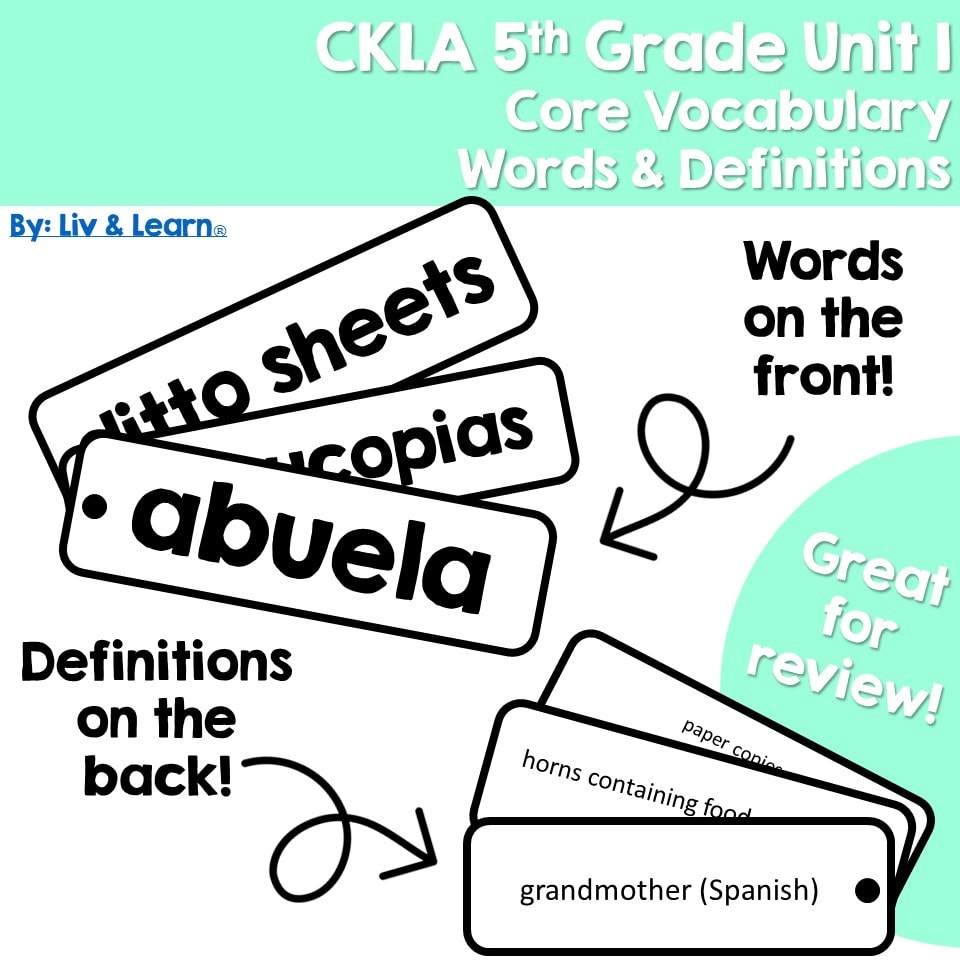As students progress through elementary school, building a strong vocabulary becomes increasingly important. Fifth grade is a pivotal year for vocabulary development as students prepare to transition to middle school. Having a comprehensive vocabulary list can help students expand their language skills and improve their overall academic performance.
In this article, we will explore a comprehensive 5th grade vocabulary list that includes words commonly encountered in fifth grade reading, writing, and speaking exercises. By mastering these words, students can enhance their communication skills and succeed in various academic tasks.
Comprehensive 5th Grade Vocabulary List
1. Analyze – to examine something in detail
2. Calculate – to determine a numerical value through mathematical operations
3. Diverse – showing a variety of different elements or qualities
4. Evaluate – to assess or judge the value or quality of something
5. Factor – a circumstance, fact, or influence that contributes to a result
6. Interpret – to explain or understand the meaning of something
7. Observe – to notice or perceive something
8. Resolve – to find a solution to a problem or conflict
9. Unique – being the only one of its kind
10. Versatile – capable of adapting to different functions or activities
With this comprehensive 5th grade vocabulary list, students can enhance their language skills and improve their ability to communicate effectively. By incorporating these words into their daily vocabulary practice, students can expand their knowledge and express themselves more clearly in written and verbal communication.
Overall, mastering a wide range of vocabulary words is essential for academic success in fifth grade and beyond. Encouraging students to regularly practice and use new words can help them become more confident and articulate communicators. By providing students with a comprehensive vocabulary list, educators can support their language development and empower them to excel in their academic pursuits.
As students embrace the challenge of expanding their vocabulary, they are setting themselves up for future success in school and beyond. By equipping them with the tools they need to communicate effectively, educators can help students reach their full potential and achieve their academic goals.
